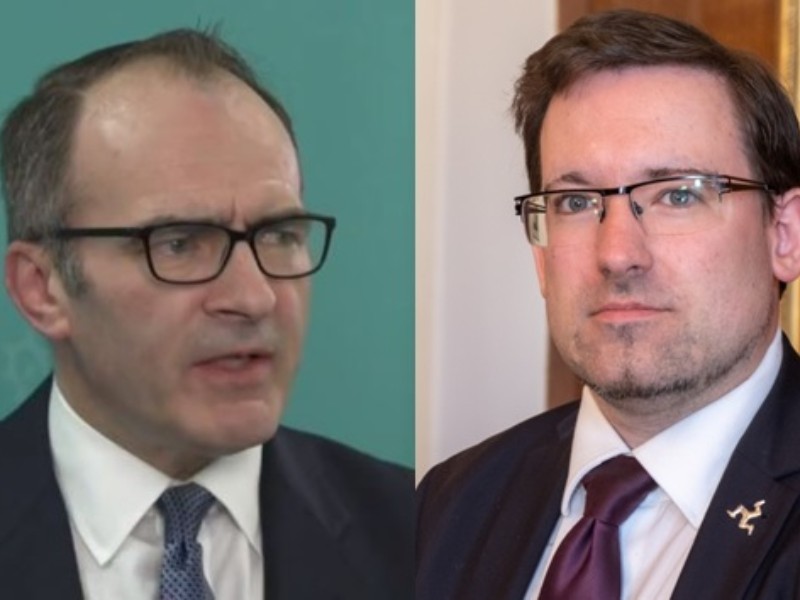
Teacher died after cancer went undetected
A GP on the Island has been found to be in breach of his duty of care after a schoolteacher's cancerous mole failed to be detected sooner.
It relates to a matter involving Christopher Scott, who initially sought advice on the issue from Dr Gruffydd Evans at the Hailwood Medical Centre.
He was sent for an urgent referral at Noble's Hospital, however, that was subsequently downgraded - and it was a year before the mole was checked again.
Mr Scott left his initial consultation with Dr Evans in May 2011 with, according to his evidence, 'no feeling of anxiety or worry'.
He said he wasn't led to believe the mole on his back was anything serious, but that it was best to have it removed as a precautionary measure and so there were no further problems in future.
Mr Scott also highlighted that he knew the waiting times for the dermatology department were lengthy as his wife had previously waited a year and a half to two years for an appointment.
The 11-page document, which is in the public domain, shows Mr Scott attended a number of consultations and appointments from when he first had the mole checked.
This would prove to be influential in Deemster Corlett's ruling, as he said it showed Mr Scott was quick to get any potential problems checked out by his doctor.
Fast forward nearly a year later and Mr Scott felt it necessary to get the mole examined again - this time by a different doctor who took urgent steps to refer him to Noble's Hospital.
On 5 May 2012, Mr Scott was diagnosed with malignant melanoma and his cancer had spread - meaning nothing could be done to save him.
He died four years later on 8 October 2016, aged 39, leaving a widow and three children.
The defence case put forward by Dr Evans
There was some contention over whether or not Mr Scott was told there was a possibility he had cancer.
Dr Evans said, going on standard procedure, he would have told any of his patients the mole could have been cancerous but he'd always try and reassure his patients and not overly worry them.
However, he'd failed to include this in any of his doctor’s notes.
At the time of their first consultation, Dr Evans said the changes in the mole were far from diagnostic and that many of those referred turn out not to be malignant melanomas.
Why was the referral downgraded?
This remains unclear.
A man named only as Mr Ashton, a consultant at Noble's Hospital, 'inexplicably' and 'for no reason' downgraded the referral.
Neither Dr Evans nor Mr Scott were informed of this decision.
Dr Evans did say in his evidence that waiting times for dermatology appointments were unacceptable - pointing out there's patients have a right in the NHS in the UK to start non-urgent treatments within 18 weeks of referral from a GP.
In his experience, patients over here frequently waited up to 2 years for a routine appointment.
Dr Evans continued if waiting times were 4-6 months over here then, whilst the decision to regrade Mr Scott's referral was unacceptable, it would not have resulted in such a long delay.
He ruled that Dr Evans had indeed breached his duty of care by not relaying the seriousness and urgency of the situation to Mr Scott.
He continued that the Department of Health and Social Care is entitled to a contribution from Dr Evans towards the damages which it must pay to Mr Scott's estate.
That figure will be determined in due course at a later hearing.


 MHK brands government 'incompetent' as chief minister hits back at 'ridiculous' backbencher
MHK brands government 'incompetent' as chief minister hits back at 'ridiculous' backbencher
 Voting opens at 8am for two local authority by-elections
Voting opens at 8am for two local authority by-elections
 Arbory and Rushen Commissioners looking for residents' opinions on 20mph speed limits
Arbory and Rushen Commissioners looking for residents' opinions on 20mph speed limits
 New mental health charity hopes to support those struggling on the Island
New mental health charity hopes to support those struggling on the Island
